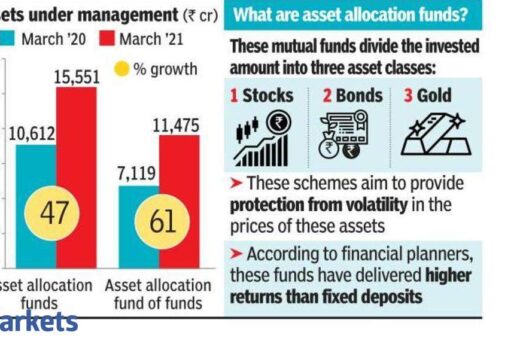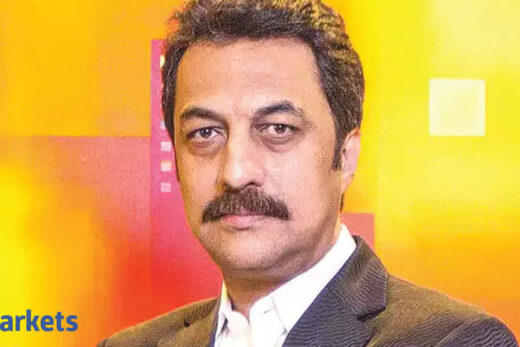Why are we seeing such a massive rerating in Tata Group of Companies?
We are in the ESG era. At the end of the day, we have to look for companies which are strong on ESG or where ESG is improving.
Forget any specific group, in the last one year, people used to ask me how can ICICI Prudential be invested in PSU stocks? We had Air India being sold recently and we are seeing that many of the PSUs have declared good dividends. Even PSUs got rerated. For example, we are invested in the power PSUs and some of them have made a very good move on the ESG space. Over the last 18 months, they took the call that we have to get very aggressive in the ESG area by focussing on the renewable space and due to that they are all getting rerated.
I believe that many of the PSUs have also got rerated because they are focussed on the ESG space. I believe that if you are focussed on ESG, a massive rerating can happen to many of the stocks. So many of the PSUs are working very hard to improve on their ESG quotient and if they continue in that direction, we can see massive rerating in many of the PSUs as well.
Read Also: Investor greed is the biggest problem; they don’t recognise risk
Read Also: Fantastic growth opportunity in IT for next two years; time to buy metals is over
We are talking about the ESG aspect, let us focus on the E aspect which is the environmental aspect. You are a value investor and you have NTPC, Coal India in your portfolio. What is the future for some of the companies which in a sense are not very environmentally friendly? Also, there are some concerns over ITC because of the cigarette business.
They have no choice but to work for a net zero world and focus on renewables, focus on areas where climate change is an issue. We have been working with the power PSUS and many of the power PSUs have worked very hard over the last 18 months in focussing their entire energy on keeping net zero in mind and focussing on renewables.
One can see the amount of work that they have done in the last 18 months in this area and call them for a discussion. The kind of work that each of the companies have done in this area is phenomenal. I would request you to call them because at the end of the day, we are portfolio investors working for other peoples’ money and I believe that if we are going to invest only in companies which are just focussed on making money and not ESG, the money will disappear.
Whereas if we invest in companies which are focussed on ESG and improve focus on net zero and renewables, then we are going to get much better shareholder returns. And that is how many of these companies have got rerated over the last one year. The kind of work some of the power PSUs have done in this area is phenomenal.
You created a lot of wealth for your unit holders when you took that big contrarian call in the telecom sector. You said all of us need a phone; how can one live without a phone? Where is the sector headed now?
Even today, we at ICICI Prudential believe that the most important consumer durable for all of us is the phone and it will continue to remain so. That’s why we do not worry about it. What is the least discretionary expenditure in your entire household expenditure? It is what you spend on your mobile bill. So the day it becomes more discretionary, we will consider what to do with our telecom investment and that is how we look at it.
Now we are out of this Covid era, which was a very difficult period. But without telecom, internet, IT and power we could not have survived the last 18 months. At ICICI Prudential, we took the call to bet on technology fund, telecom, power and Peter Lynch style, it turned out to be one of the things which worked very well because these are the things which were needed because without them, in the last 18 months, the mutual fund industry could not have worked.
Given NAV on time and paid all the redemptions on time, the Peter Lynch model really worked over the last 18 months. Of course, now thanks to the fact that Covid is over, I am so happy that we have all come back to the office, but it was something which Peter Lynch taught us 20-30 years back and it worked very well.



